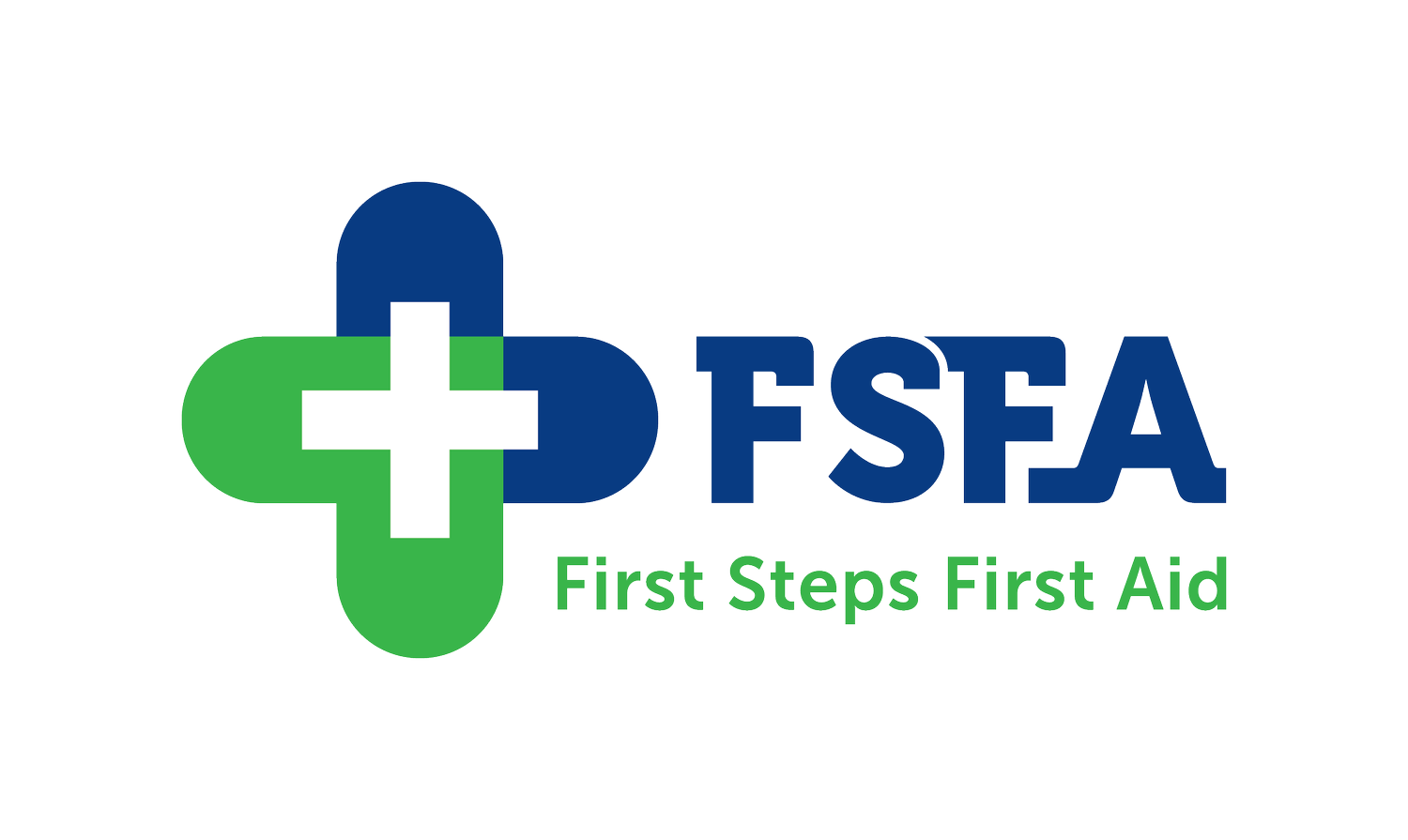First Aid in the National Curriculum: What Schools Need to Know
Practical guidance for UK primary and secondary schools
In 2020, the Department for Education made health education a mandatory part of the national curriculum — and for the first time, first aid training became a statutory requirement for all secondary schools and strongly encouraged for primary schools.
This move recognises something we’ve known for a long time: first aid saves lives, and children of all ages can and should learn these essential skills.
At First Steps First Aid, we help schools across Portsmouth, Hampshire and the South Coast deliver meaningful, age-appropriate first aid training — in a way that’s engaging, memorable, and curriculum-compliant.
What the Curriculum Says
According to the PSHE (Personal, Social, Health and Economic) education guidance:
✅ By the end of primary school, pupils should know:
How to make a clear and effective 999 call
Basic understanding of common injuries (e.g. cuts, head bumps, nosebleeds)
✅ By the end of secondary school, pupils should know:
Basic first aid skills, including dealing with common injuries
CPR (Cardiopulmonary Resuscitation)
The purpose of and how to use a defibrillator (AED)
These topics are part of the Health Education strand of the national curriculum and are expected to be delivered as part of PSHE or wider enrichment programmes.
🎓 Why Teaching First Aid in Schools Matters
Empowers students with confidence and responsibility
Reinforces safeguarding and wellbeing culture
Equips pupils with lifelong skills they might need at any moment — at school, at home, or in public
Supports Ofsted focus on personal development and life skills
Even basic knowledge — like how to check breathing, call an ambulance, or help someone choking — could save a life.
🧑🏫 How Schools Can Deliver First Aid Training
There’s no one-size-fits-all approach, which gives schools flexibility. Some choose to deliver first aid internally, while many bring in qualified trainers to ensure accuracy, confidence and hands-on practice.
Here are some options:
1. Teacher-Led Sessions (Using Pre-Made Resources)
Use online lesson plans or videos from organisations like the British Red Cross or Resuscitation Council UK.
Great for covering theory, but often lacks practical, hands-on experience.
2. External First Aid Providers (Like Us!)
Bring in paramedic-led, age-appropriate sessions for:
Upper Key Stage 2 (Years 5–6)
Key Stage 3 & 4
Offers live CPR, AED and recovery position demos using training manikins.
Ideal for meeting curriculum aims and leaving pupils with real, practical confidence.
Learn more about what we can do for your school or childcare organisation here - Training for Schools and Childcare Providers
3. Enrichment Days or Off-Timetable Weeks
Include first aid as part of health, careers or life-skills weeks.
Works well for secondary schools wanting to meet the curriculum aims in a single impactful day.
🩺 How First Steps First Aid Can Help
We offer a range of flexible, curriculum-aligned school packages:
✅ First Aid for Schools (Primary and Secondary)
Age-appropriate content
Hands-on learning using CPR manikins and training AEDs
Delivered by real paramedics — not just instructors
✅ CPR & AED Workshops
Fast, focused sessions to meet secondary school curriculum goals
✅ Staff Training Too
We also offer Paediatric First Aid and Emergency First Aid at Work for teachers and support staff
📍 Delivered on-site at your school, across Hampshire, West Sussex, and the South Coast.
Ready to Meet the Curriculum and Inspire Lifesavers?
📅 Let’s book your next first aid session — tailored to your school’s age group and schedule.
📞 Call 023 9200 6417
🌐 Visit www.firststepsfirstaid.co.uk
📧 Email: info@firststepsfirstaid.co.uk
First Steps First Aid – Training your pupils and staff to save lives.

